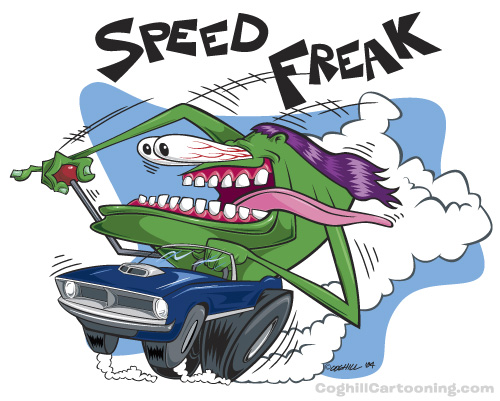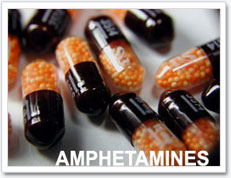Medical Daily
November 16, 2013

College students experience a tremendous amount of pressure, pulling all-nighters to cram for mid-terms and finals, and churning out papers after papers. To boost brain power, an increasing number of healthy students are popping pills, specifically called “smart” drugs, in order to gain an edge, and the grades they need in their classes. One in seven healthy Swiss college students have been found to enhance their cognitive performance with the use of prescription medication, legal drugs, or illegal drugs during their academic careers, according to a recent study.
Practicing what’s known as neuroenhancement, on college grounds, typically refers to the use of prescription drugs or other psychoactive substances by healthy individuals who seek to fight off fatigue, and improve concentration. These stimulants are mostly used when individuals find themselves in situations where stress is placed on individual performance and the person, therefore, fears they may not excel.
Stimulant drugs such as methylphenidate and amphetamines are commonly referred to when focusing on the field of neuroenhancement. These two stimulants are often prescribed to treat individuals with attention deficit hyperactivity disorder (ADHD), with the purpose of inducing a calm and focused effect in patients, according to the National Institute on Drug Abuse. But for healthy individuals, taking the drugs increases wakefulness, focus, and attention — something the students don’t need help with — which makes them the drugs of choice for those who want to enhance cognitive performance. The availability of these effective drugs, and the increasing tolerance for neuroenhancement practices, may present a growing drug problem for students, especially those in college, the researchers said.
A team of Swiss researchers sought to investigate whether the prevalence of neuroenhancement drugs was similar to those in other countries, along with other relevant factors, such as study-related stress, which could induce drug abuse among college students. More than 28,000 students from three different educational institutions in Switzerland were asked to complete an online survey about the use of psychoactive substances. The final sample size of the study included over 6,000 college students.
In the study, neuroenhancement was identified as the use of prescription drugs or other psychoactive substances — cannabis, for example — to directly or indirectly enhance brain function, particularly concentration, alertness, while also reducing nervousness. Prescription drugs, alcohol, and illicit drugs taken with the intent of improving mental performance were termed “neuroenhancers.” Non-prescription drugs, food supplements, and caffeine-containing products were regarded as “soft enhancers” in the study.
